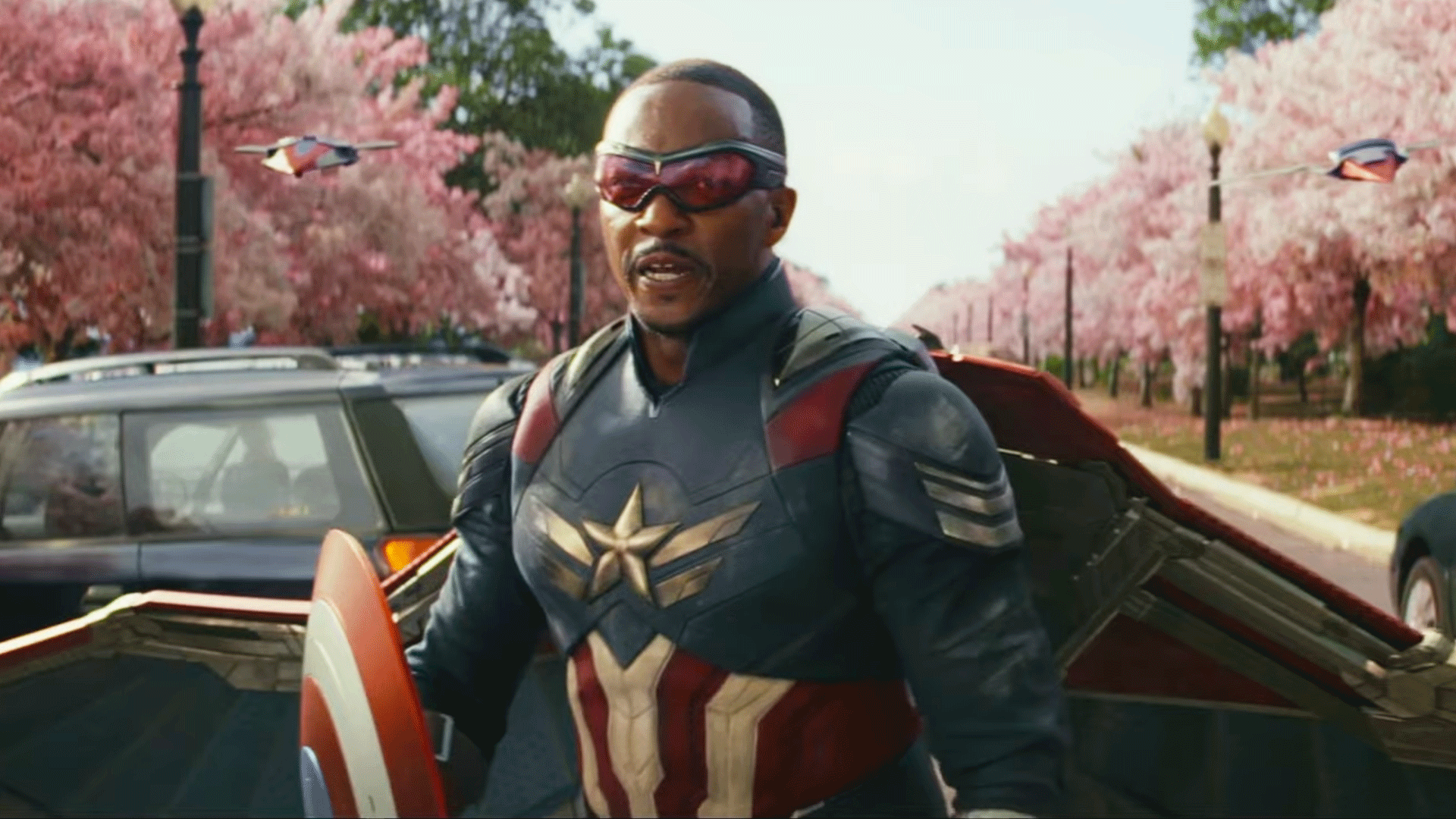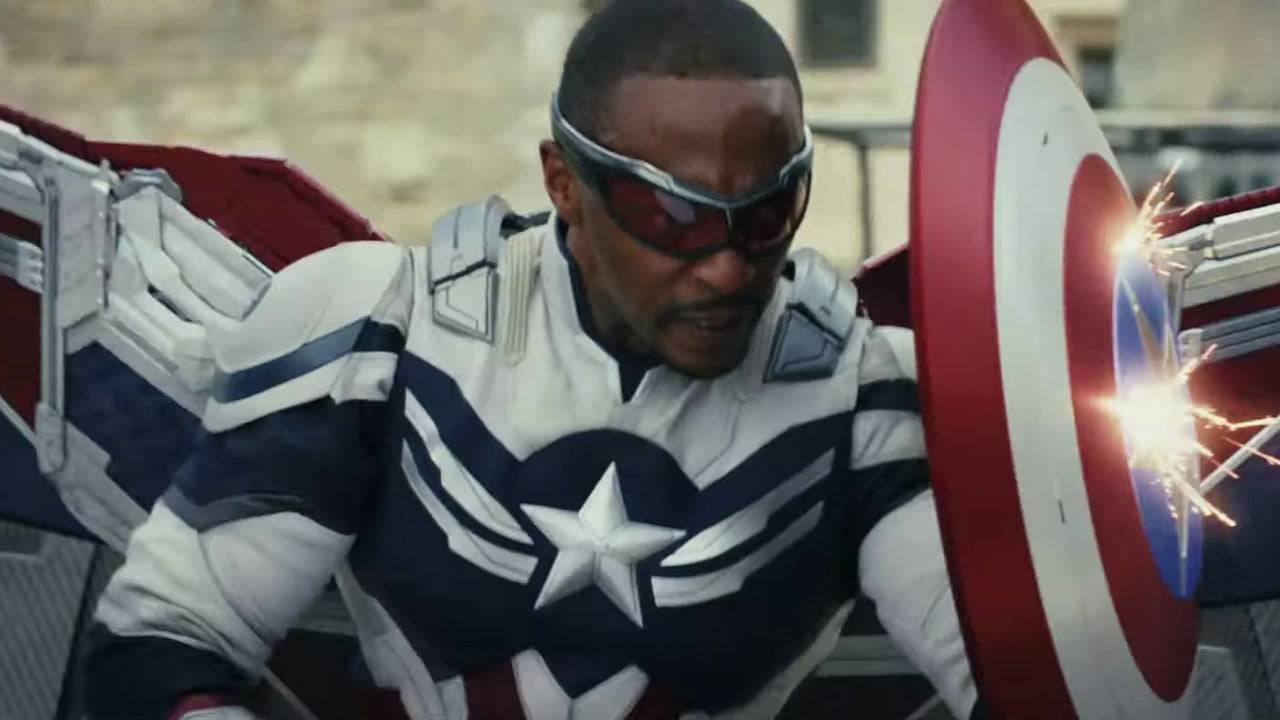Rumors of Chris Evans' return as Steve Rogers in the Marvel Cinematic Universe (MCU) persist, fueled by the comic book trope of death and rebirth. Steve Rogers' death and subsequent revivals in the comics, mirroring similar storylines for other iconic heroes, contribute to this speculation. However, the MCU distinguishes itself from the comics by embracing a greater sense of permanence. Deaths in the MCU tend to be final, unlike the cyclical nature of comic book narratives.

Anthony Mackie, as Sam Wilson, has definitively taken up the Captain America mantle. Mackie himself acknowledges the success of Captain America: Brave New World will impact Sam's future as Captain America. Producers and the director of Brave New World confirm Sam Wilson is the MCU's Captain America, emphasizing the permanence of this change. This departure from the comic book model raises the stakes, creating a more impactful narrative. The deaths of significant characters like Natasha Romanoff and Tony Stark underscore this commitment to irreversible consequences.

The producers highlight that Sam Wilson's Captain America differs from Steve Rogers', suggesting a unique approach to leadership and team composition within the Avengers. This shift promises a fresh direction for the MCU's future, particularly considering the absence of many original Avengers. While the possibility of Chris Evans' return remains a topic of discussion, the MCU's commitment to permanence suggests Sam Wilson's role as Captain America is secure, at least for the foreseeable future. The MCU's approach creates a distinct narrative, prioritizing lasting impact over cyclical revivals.
AnswerSee Results














